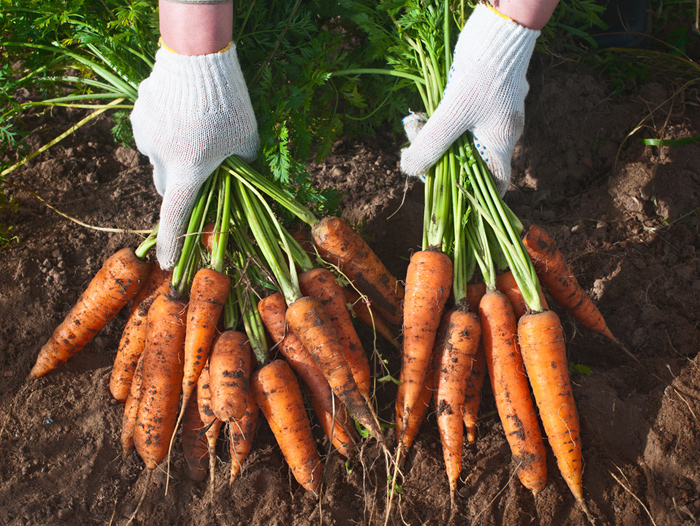Does Your Box of “Ugly” Produce Really Help the Planet? Or Hurt it?
January 11, 2019 | 2 min to read

“I’m an environmental journalist, not an environmentalist.” I’ve said this countless times over the course of my career, usually to make a distinction between myself and the people I write about. But last year, while reporting on a growing number of climate crises, I realized I could no longer pretend that I was just a journalist. I am an environmentalist, in the sense that I believe humans should modify their behavior for the benefit of the planet. I just hadn’t acted much on that belief—until now.
I started eating mostly vegetarian. I bought a metal straw. And, most importantly, I changed how I got my fruits and vegetables.
The latter was most important to me. I wanted to do my part in the fight against food waste. Every year in America, between 30 to 40 percent of food available for consumption goes uneaten. The majority of that is thrown away at home and at restaurants, but anywhere from 11 to 16 percent—about 20 billion pounds—comes from farms that can’t find buyers for their products. Some research suggests about half of all produce grown in the country goes to waste. It’s an economic, environmental, and moral offense.
To read the rest of the story, please go to: The New Republic
